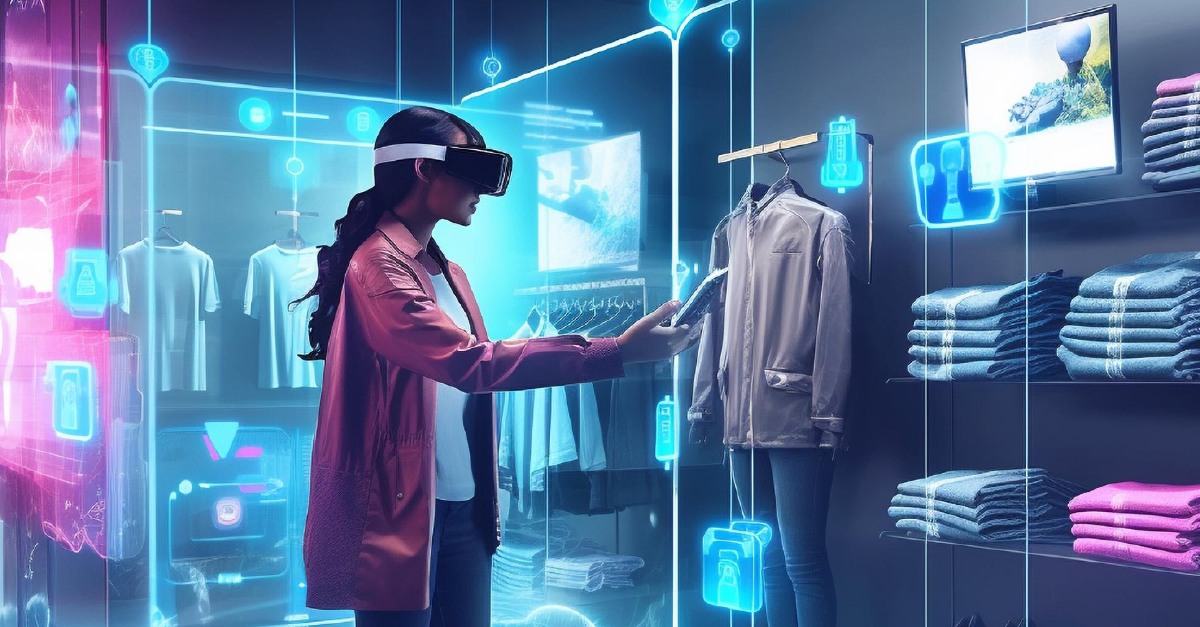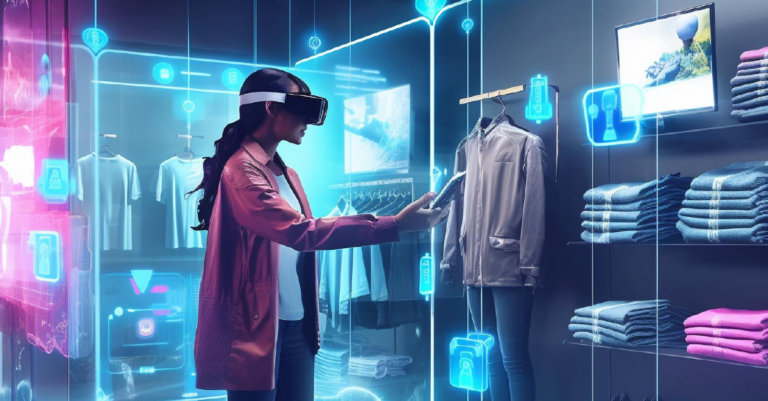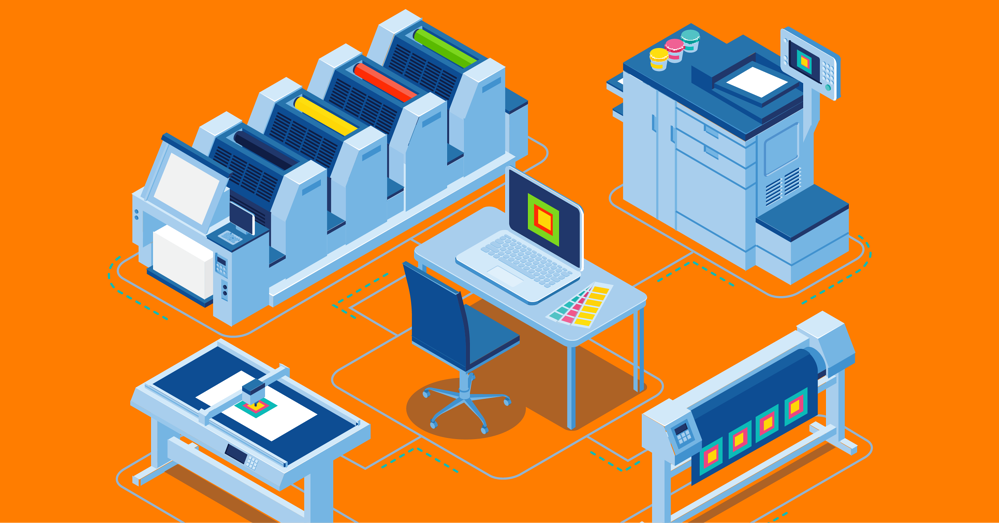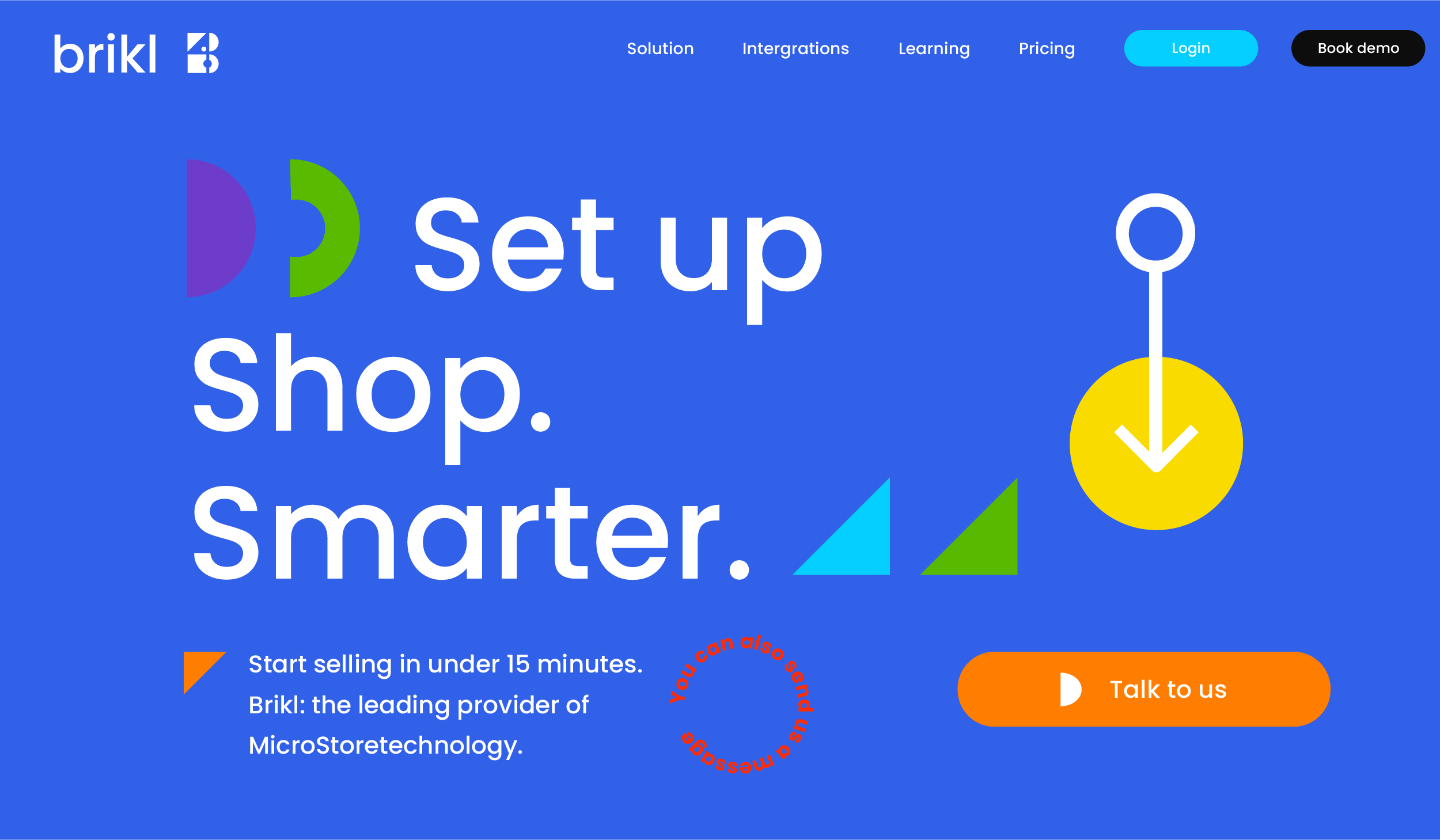Nowadays, you don’t need to be Keanu Reeves or wear a black leather trench coat to explore new dimensions. The metaverse concept has transitioned from science fiction to a steadily growing reality, opening new frontiers for businesses and consumers. The promotional products industry stands on the cusp of a transformative era in this space. The metaverse, a digital universe where users interact through avatars in various virtual experiences, isn’t just a playground for tech enthusiasts but a goldmine for innovative marketing strategies.
Current Uses and Opportunities
At the forefront, virtual showrooms, and product demos have redefined the traditional shopping experience. Coca-Cola and Nike have positioned themselves as frontrunners in the metaverse, showcasing their commitment to innovation and early adoption. Coca-Cola’s venture into the metaverse, dubbed “Coca-Cola Creations,” introduced the “Friendship Oasis” in Decentraland. This virtual space features interactive games, a custom avatar design station, and a virtual vending machine, offering a unique brand engagement experience. Additionally, Coca-Cola’s partnership with Fortnite through the “Coca-Cola Zero Sugar Byte” and the release of “Friendship NFTs” further emphasize its strategy to foster community and connection through digital initiatives.
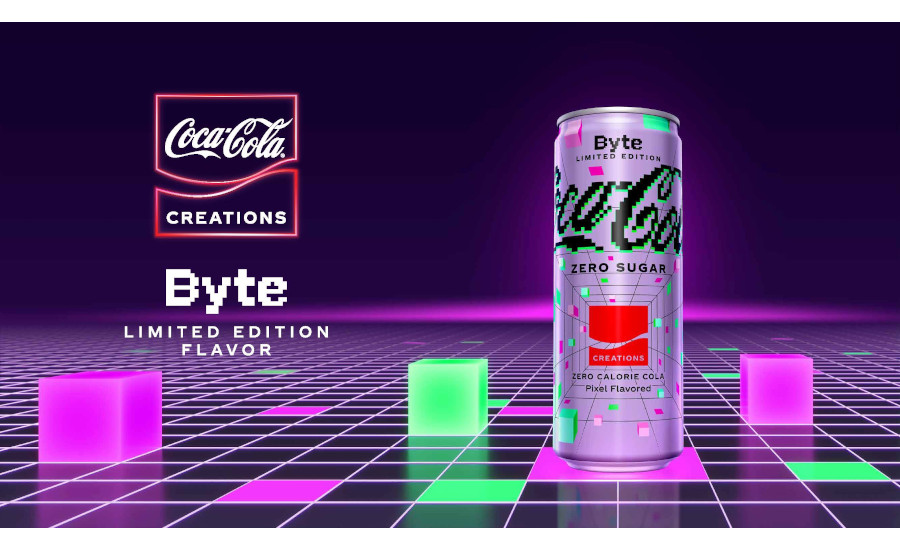
Nike’s creation of “Nikeland” within Roblox marks a significant step into virtual worlds, blending mini-games, social spaces, and virtual try-on experiences. This venture, enhanced by partnerships with celebrities for exclusive virtual interactions and the release of digital “Nikeland” merchandise, blurs the lines between the physical and digital realms. The acquisition of RTFKT Studios and the launch of “CryptoKicks” NFT sneakers underline Nike’s commitment to establishing a digital identity and fostering a metaverse community.
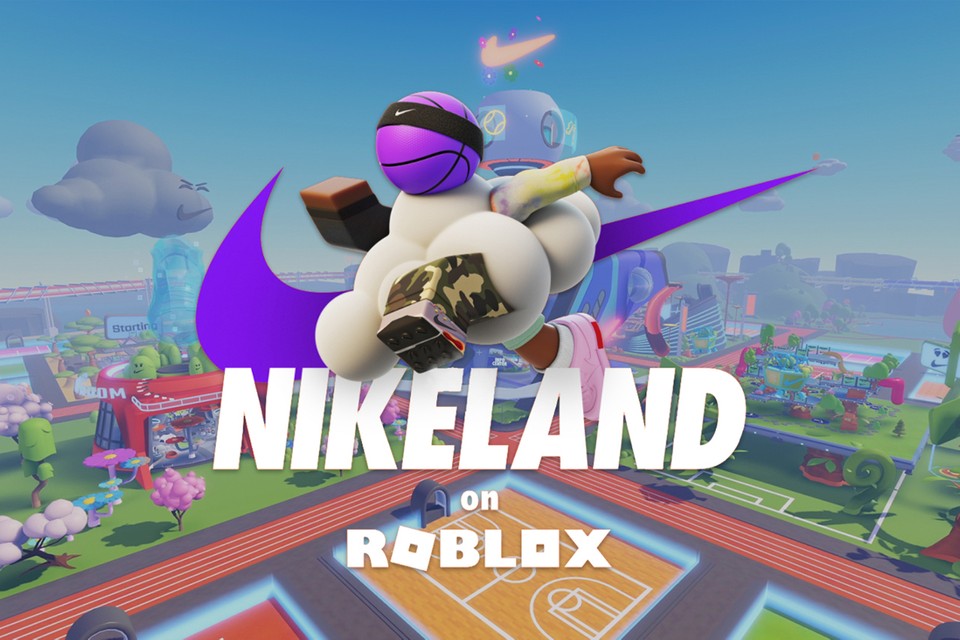
Coca-Cola’s Friendship Oasis, attracting over 50,000 visitors, and Nike’s Nikeland drawing in more than 21 million visitors, with “CryptoKicks” generating significant sales, illustrate these brands’ impactful presence in the metaverse. However, challenges like small user bases compared to traditional platforms, technical interoperability, and brand identity in digital spaces are part of the journey.
Despite these hurdles, Coca-Cola and Nike’s strategies offer insights into how brands can engage with new audiences, explore innovative marketing avenues, and reinforce brand loyalty in the digital age, setting a benchmark for others to follow in the virtual marketplace.
Passion for Fashion!
Moreover, the metaverse has given rise to a novel fashion industry, with brands such as Gucci and Vans venturing into branded avatars and accessories. Gucci and Vans, each a titan in their respective domains of luxury fashion and iconic footwear, are pioneering unique paths through the digital expanse of the metaverse, illustrating diverse yet equally compelling visions for the future of fashion in virtual worlds. Gucci, with its deep roots in luxury and art, has launched initiatives like the “Gucci Vault” and “Gucci Garden” on Roblox, melding its rich heritage with digital innovation through curated virtual collections and immersive environments. These ventures, alongside collaborations with artists and the creation of exclusive spaces in platforms like The Sandbox, underscore Gucci’s commitment to blending art, luxury, and digital experiences. The brand has also ventured into NFTs, partnering on projects that fuse the tangible allure of Gucci with the boundless potential of digital fashion.

Conversely, Vans leverages its strong connection to youth culture and gaming, notably through “Vans World” on Roblox, offering a skate park experience replete with virtual challenges, products, and social hubs. Collaborations, including a unique partnership with Gucci and engagement with esports and gaming influencers, speak to Vans’ strategy of fostering a vibrant, community-centric virtual ecosystem. This focus extends to a broad range of virtual goods, emphasizing customization, self-expression, and community engagement, aligning perfectly with the brand’s ethos.
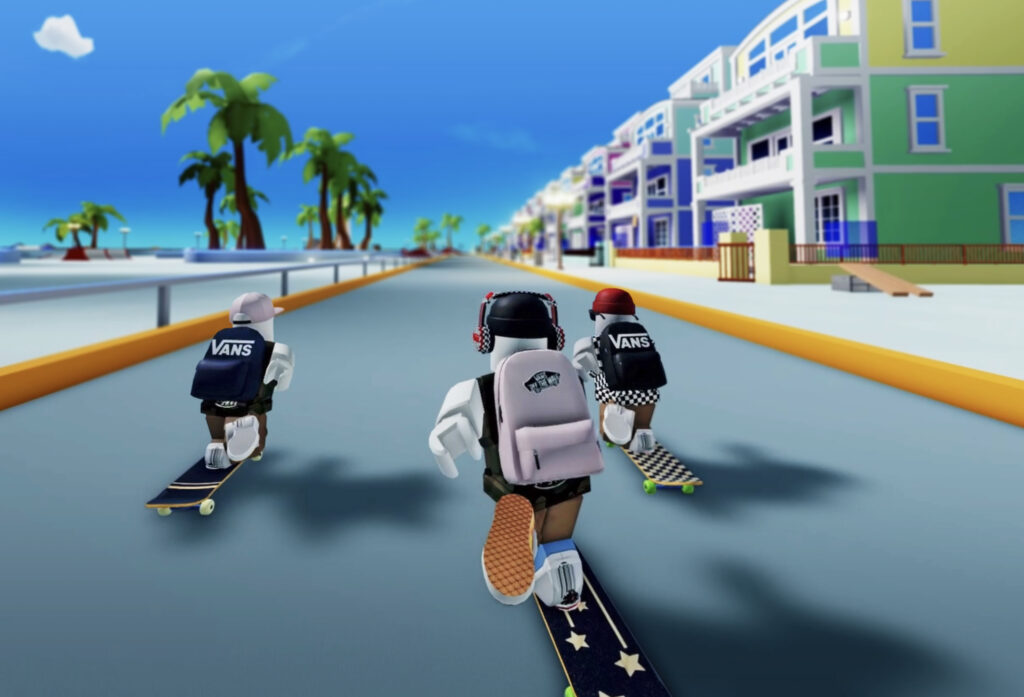
The success of these strategies is evident in the numbers, with Gucci’s virtual endeavors in The Sandbox attracting thousands of visitors and Vans World amassing over 128 million visits on Roblox, highlighting the significant revenue and engagement potential within the metaverse. However, challenges such as maintaining a luxury brand’s exclusivity online, monetizing virtual goods effectively, and ensuring inclusivity and diversity pose interesting dilemmas.
Through their metaverse strategies, Gucci and Vans showcase the dynamic ways fashion brands can engage with diverse audiences, from high-net-worth individuals seeking exclusive digital luxury to young gamers and skaters looking for community and self-expression. These use cases not only reveal the metaverse’s vast potential for brand expansion and consumer engagement but also highlight the innovative ways in which fashion can evolve and thrive in digital realms, setting the stage for a future where virtual and physical fashion landscapes continue to converge and influence each other.
Partnerships and collaborations with metaverse platforms like Decentraland and Roblox highlight the promotional products industry’s venture into uncharted territories. These collaborations not only widen the audience reach but also open up innovative avenues for marketing and brand storytelling.
Data & Projections: The Metaverse Economy
According to PwC, the global metaverse market is on track to hit $800 billion by 2025, signifying the immense economic potential of this digital universe. A McKinsey survey underscores this sentiment, with 71% of consumers expressing interest in the metaverse. The virtual clothing industry, projected to reach $50 billion by 2030, symbolizes the burgeoning demand for digital customization and virtual goods.
Challenges & Considerations
Despite the promising horizon, the journey into the metaverse has its challenges. Technological limitations, data privacy concerns, and accessibility issues pose significant challenges to widespread adoption. The metaverse’s nascent stage means current platforms may need more immersion and interoperability for a seamless user experience. Moreover, navigating data privacy regulations and ensuring equitable access are paramount for the responsible development of the metaverse.
Looking Ahead: Embracing the Virtual Frontier
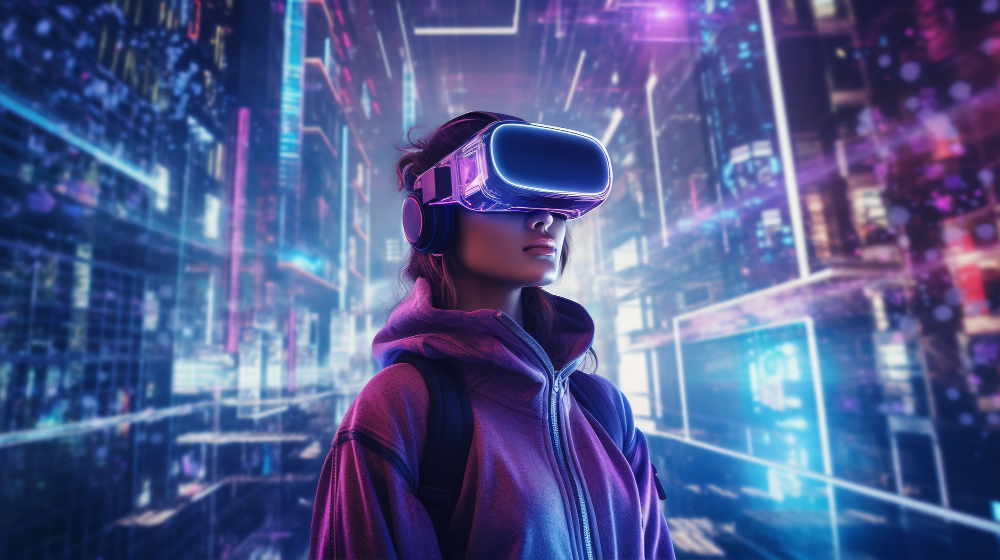
The promotional products industry, by leveraging the metaverse, can unlock unparalleled opportunities for growth, engagement, and innovation. The key lies in adopting a forward-thinking approach, exploring new technologies, and embracing digital transformation with open arms. As we venture further into this virtual frontier, the boundaries between physical and digital continue to blur, offering a canvas ripe with possibilities for brands willing to innovate and adapt.
Data Points to Support Metaverse Opportunities for Promotional Products
The global metaverse market, poised to reach $800 billion by 2025, signals a lucrative future for businesses willing to explore this digital landscape. With 71% of global consumers keen on spending time in the metaverse, the potential customer base for virtual products and experiences is vast and varied. The anticipated growth of the virtual clothing market to $50 billion by 2030 highlights the increasing consumer interest in digital customization and virtual goods.
The active participation of over 100 brands across various metaverse platforms illustrates the expanding interest and investment in virtual marketing strategies. Adidas’s collaboration with The Sandbox, resulting in significant sales, exemplifies the financial viability and market interest in branded virtual items. The sale of a virtual Gucci bag for $4,000, surpassing its real-world value, underscores the unique economic dynamics within the metaverse, where digital scarcity and brand value can translate into significant financial returns.
Platform Adoption and User Engagement
Platforms like Decentraland and Roblox have substantial user bases and offer valuable insights into the growing popularity and engagement within the metaverse. What’s more, the presence of over 100 million VR headset users globally indicates a growing market for immersive virtual experiences, highlighting the potential for brands to tap into a tech-savvy consumer base.
As we stand at the threshold of the metaverse era, the promotional products industry faces an unprecedented opportunity to redefine engagement, branding, and consumer experiences. By navigating the challenges and embracing the vast potential of this digital frontier, businesses can unlock new dimensions of innovation and growth in the ever-evolving digital landscape. The metaverse offers a platform not just for selling products but for creating experiences that resonate deeply with consumers, blending the lines between reality and virtuality in ways that were previously unimaginable.
The integration of virtual showrooms, branded avatars, and immersive events into marketing strategies represents just the tip of the iceberg. As technology advances, we can expect even more innovative and engaging ways for brands to interact with their audiences. For promotional products companies, this means an opportunity to not only extend their product lines into virtual goods but also to reimagine their approach to branding, customer engagement, and storytelling.
Engagement Beyond the Physical
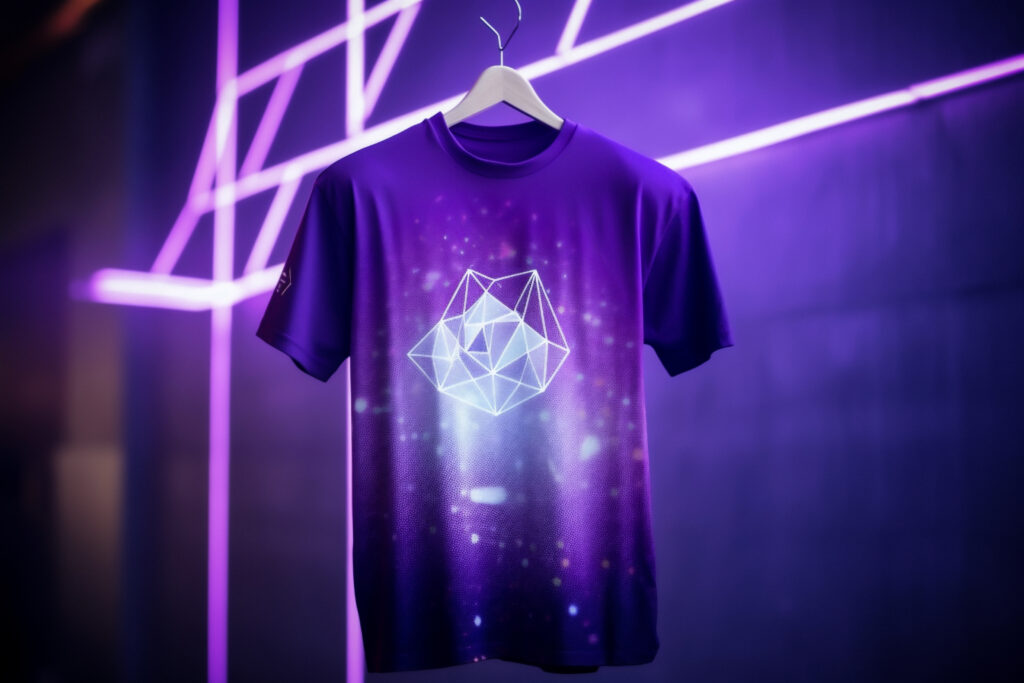
The metaverse enables brands to engage with consumers on a new level, offering personalized experiences that go beyond traditional advertising. In this virtual space, every interaction can be an opportunity for engagement, whether it’s through custom-designed virtual spaces that tell a brand’s story or through interactive events that bring communities together. For promotional products, this could mean creating virtual replicas of physical goods that serve as collectible items within games or as part of virtual uniforms for esports teams, opening up new avenues for brand visibility and loyalty.
The Future of Collaboration and Innovation
Collaboration in the metaverse goes beyond mere partnerships between brands and platforms; it represents a new paradigm for co-creation with consumers. Brands can leverage the metaverse to involve their audiences in the design process, creating a feedback loop that fosters innovation and deepens consumer relationships. Moreover, the metaverse’s global reach breaks down geographical barriers, allowing brands to engage with a worldwide audience and explore markets previously out of reach.
Sustainability and Digital Goods
An often-overlooked advantage of the metaverse for promotional products is the aspect of sustainability. Virtual goods eliminate the need for physical materials, reducing the environmental impact associated with production and distribution. As consumers become more conscious of their ecological footprint, the appeal of digital alternatives to traditional promotional products is likely to grow, offering brands a way to align with sustainability values while still delivering engaging consumer experiences.
Preparing for the Metaverse Era
To fully capitalize on the opportunities presented by the metaverse, promotional products businesses need to stay informed about technological developments and be prepared to invest in digital capabilities. This includes understanding the platforms where their audiences are most active, exploring virtual and augmented reality technologies, and developing digital assets that can be leveraged across different metaverse environments. Equally important is the consideration of legal and ethical implications, particularly around data privacy and intellectual property rights in digital spaces.
Wrapping up
The metaverse presents an exciting new frontier for the promotional products industry, offering unprecedented opportunities for engagement, innovation, and growth. As we move further into this digital era, the businesses that succeed will embrace the possibilities of the metaverse, exploring new ways to connect with consumers, innovate their offerings, and create meaningful brand experiences. The journey into the metaverse is just beginning, and for the promotional products industry, the potential is limitless. By embracing this new digital landscape, businesses can open up new pathways to success, forging deeper connections with their audiences and setting new standards for creativity and innovation in the digital age.
